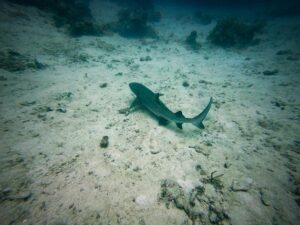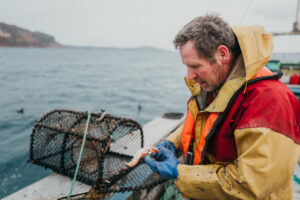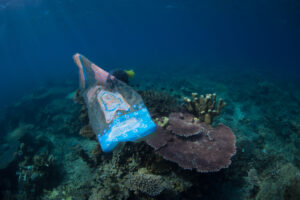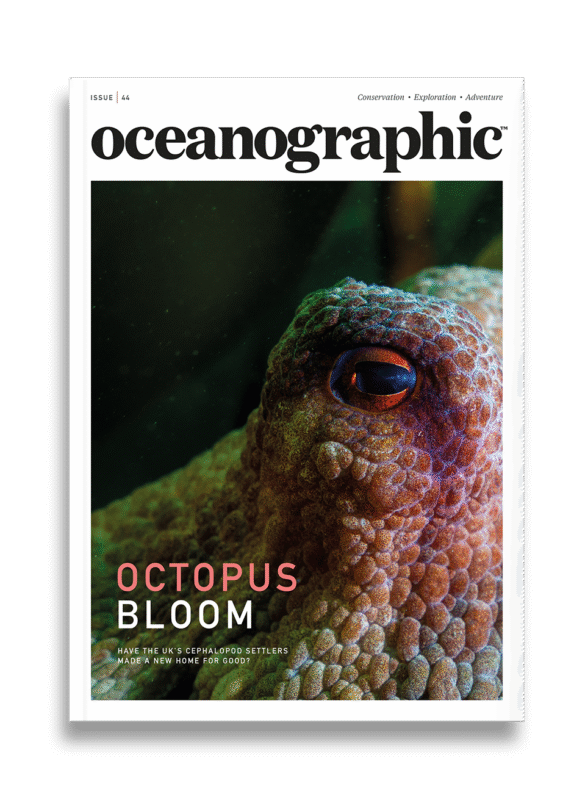"Extraordinary" investigation into UK octopus bloom launches
An uncharacteristic surge in common octopus numbers - first reported by fishermen in the South West of England earlier this year - is now the focus of an unprecedented collaborative investigation between local authorities in Plymouth and Devon.
A rare bloom of common octopus which has exercised a vice-like grasp on UK coastlines this year, has sparked an even rarer collaboration between local authorities in Plymouth and Devon as well as the government’s environmental department, DEFRA, to investigate its causes and consequences.
The uncharacteristic surge in octopus numbers (the common variety, Octopus vulgaris) was first reported by fishermen in the South West of England earlier this year where anecdotal accounts describe crab and lobster catches replaced by octopus almost overnight.
In an extraordinary move and in recognition of the urgency and potential impact on the fishing industry and marine ecosystem, Plymouth City Council Leader, Counsellor Tudor Evans OBE reached out to neighbouring authorities and Fisheries Minister, Daniel Zeichner MP to commission a study.
Devon County Council joined the effort soon after and DEFRA extended the scope to include wider scientific research and data collection.
Dr Bryce Stewart of the Marine Biological Association (MBA) is leading the project, supported by scientists from Plymouth University and Plymouth Marine Laboratory.
The collaborative research project has been launched amid what fishers have described as a “tough time for small scale fishermen”, with the octopus bloom impacting crab, lobster, and scallop fishing particularly.
“Almost overnight, our local potters saw their usual crab and lobster catches replaced by octopus and the remains of what they hadn’t eaten,” said Counsellor Tudor Evans OBE. “It was a dramatic shift.”
While octopus blooms have occurred before, none have happened within living memory. It’s why the local authorities decided it was essential to act quickly – gathering real-time data and first-hand accounts from fishermen across the South West.
“We’re incredibly grateful to Devon County Council for partnering with us, and to Minister Zeichner for recognising the urgency of the situation,” said Evans. “DEFRA’s support has been vital in helping us launch this important research.”
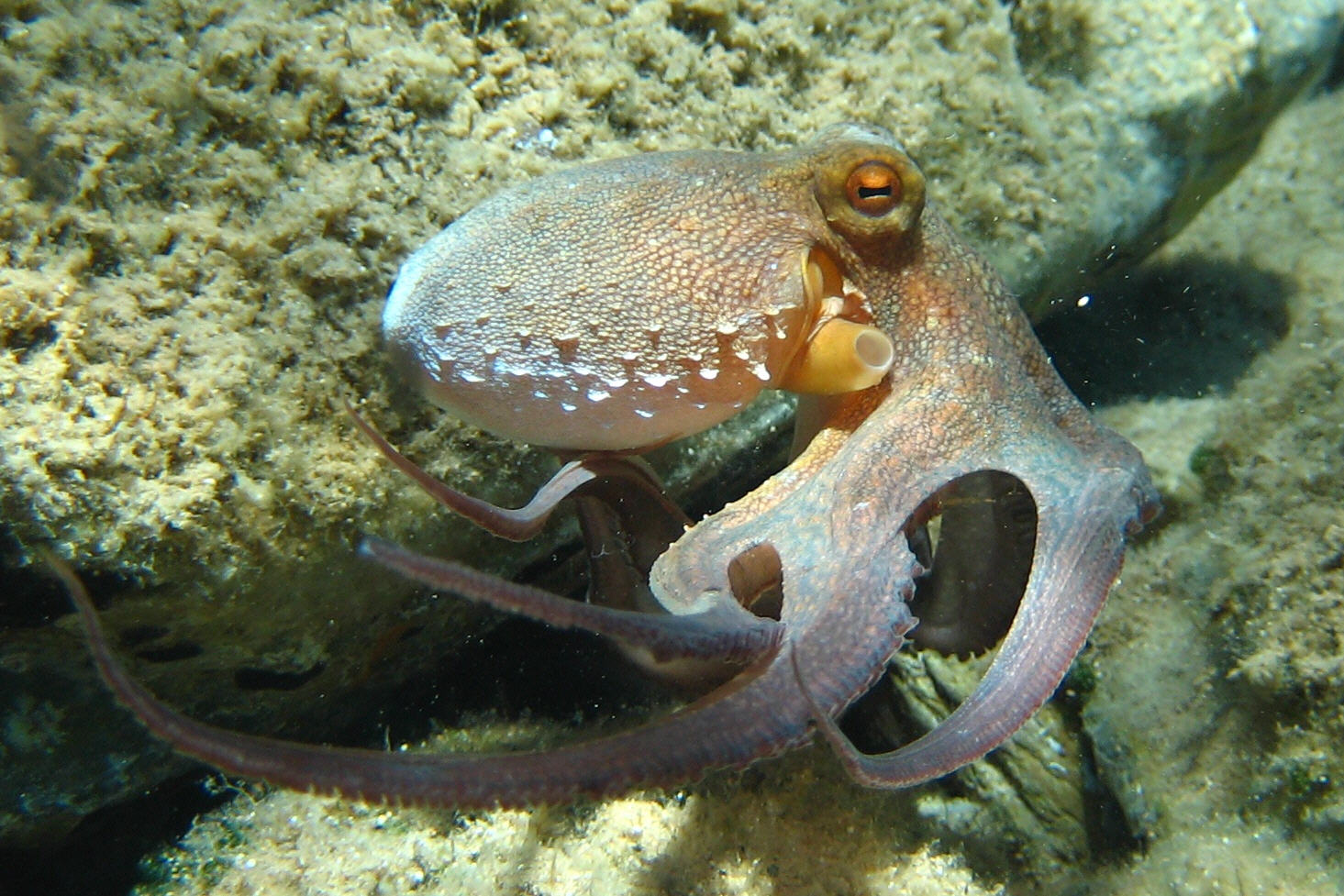
Also vital to the investigation will be the cooperation and insights of local fishermen. Former fisherman and scientists, Dr Simon Thomas will lead engagement with the fishing community, gathering insights from quaysides across the southwest to understand the origins of the bloom, its potential recurrence, and its impact on other marine stocks and livelihoods.
“The vast knowledge of the fishermen is central to understanding what has happened with the octopus bloom,” said Dr Thomas. “They have been out there, observing the bloom evolve and move in real time. My job is to listen to the fishermen and piece together their ideas and information and combine them with historical and environmental data, to try and understand why these octopus are here in such large numbers and if this will be an isolated event or will this happen more often.”
The broader DEFRA-commissioned study, led by Dr Stewart, will use advanced techniques like baited remote underwater videos (BRUVs) and time-lapse cameras on crab and lobster pots to monitor octopus behaviour and develop a potential early warning system for future blooms.
With climate change now rapidly warming our waters, Dr Stewart has predicted that “unusual biological events” like the octopus bloom are only likely to become more common in the future.
“It’s great to see this study get underway and we’re looking forward to working with Dr Thomas and sharing our knowledge and information,’ said Brian Tapper, a local fisherman. “It’s a tough time for small scale fishermen, the octopus bloom, and its impacts to crab, lobster, and scallop stocks need to be well understood.
“I’ve never seen a science project start so quickly and use local expertise, this is clearly down to Plymouth City Council leading the charge and I hope we see more of these types of projects locally led, engaging with fishermen to fill other knowledge and stock gaps in the future.”
For Devon and Severn Inshore Fisheries and Conservation Authority, the investigation project is an example of how scientists, fishers, and regulators ought to be working together.


"*" indicates required fields
Printed editions
Current issue
Back issues

Back Issues
Issue 43 Sir David Attenborough’s ‘Ocean’

Back Issues
Issue 41 Holdfast to the canopy
Enjoy so much more from Oceanographic Magazine by becoming a subscriber.
A range of subscription options are available.


